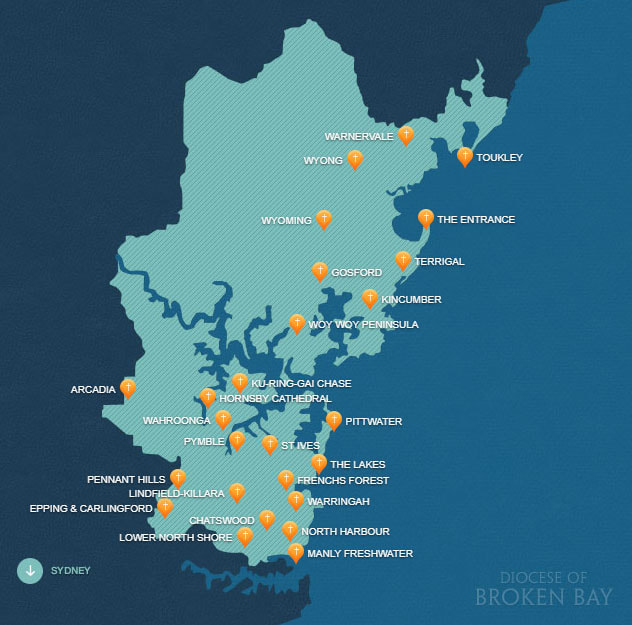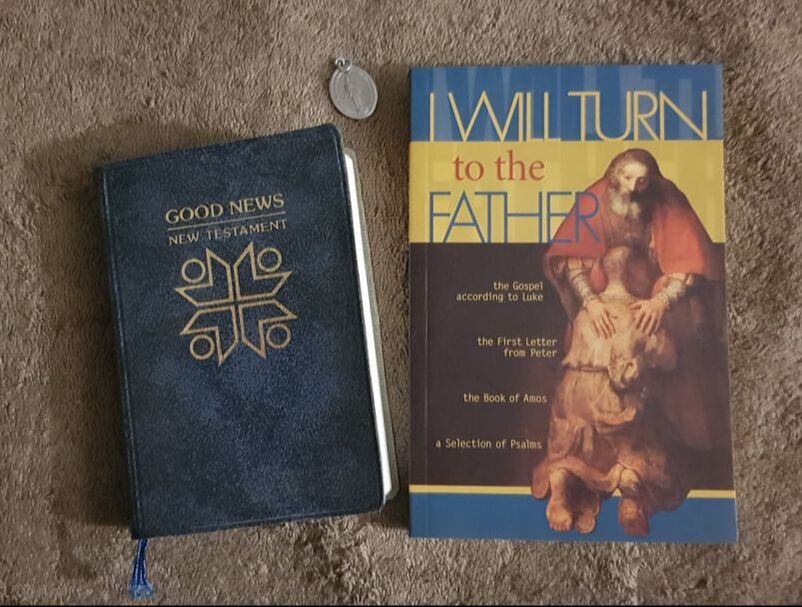It doesn't seem to make any difference whether in a diocese First Holy Communion comes before Confirmation, or vice versa. Even delaying Confirmation until the teenage years makes no difference.
Lots of parish resources are poured into the sacramental preparation of children, and then we don't see those children and their families again.
Because they don't know how else to do it parishes feel stuck, and all parishes seem to be doing much the same kind of preparation.
However a few parishes have begun experimenting with different models for the sacramental preparation of children, and the initial fruit is good even though the different models require significantly more man-power and teamwork.
If you don't mind reading through cathartic layers of grief and pain explaining why the current models don't work as a lead in to a description of these experimental models, then these 9 pages are for you. P.S. There's a bit of ranting included too.
But our human grief and pain is only a drop in the ocean compared to the grief and pain of God at this situation. The desire of His Heart is for life-long relationships of deep intimacy with these youngsters, not for the precious sacramental gifts won by His Passion and Death on the Cross to be disdained so thoroughly.
If we desire to please Him, then we must whole-heartedly seek fruitful alternatives to replace our currently fruitless models of sacramental preparation of children.
Dear God, please send Your Holy Spirit to help us pioneer effective new ways of bringing children into the fulness of the sacramental life which You long for them to experience. Amen.
Lord Jesus, grant us a holy dis-satisfaction with the way things are, and sufficient holy frustration to do whatever it takes to find and implement the new sacramental preparation pathways You have for us. Amen.
| the_sacramental_preparation_of_children_pdf.pdf |



 RSS Feed
RSS Feed